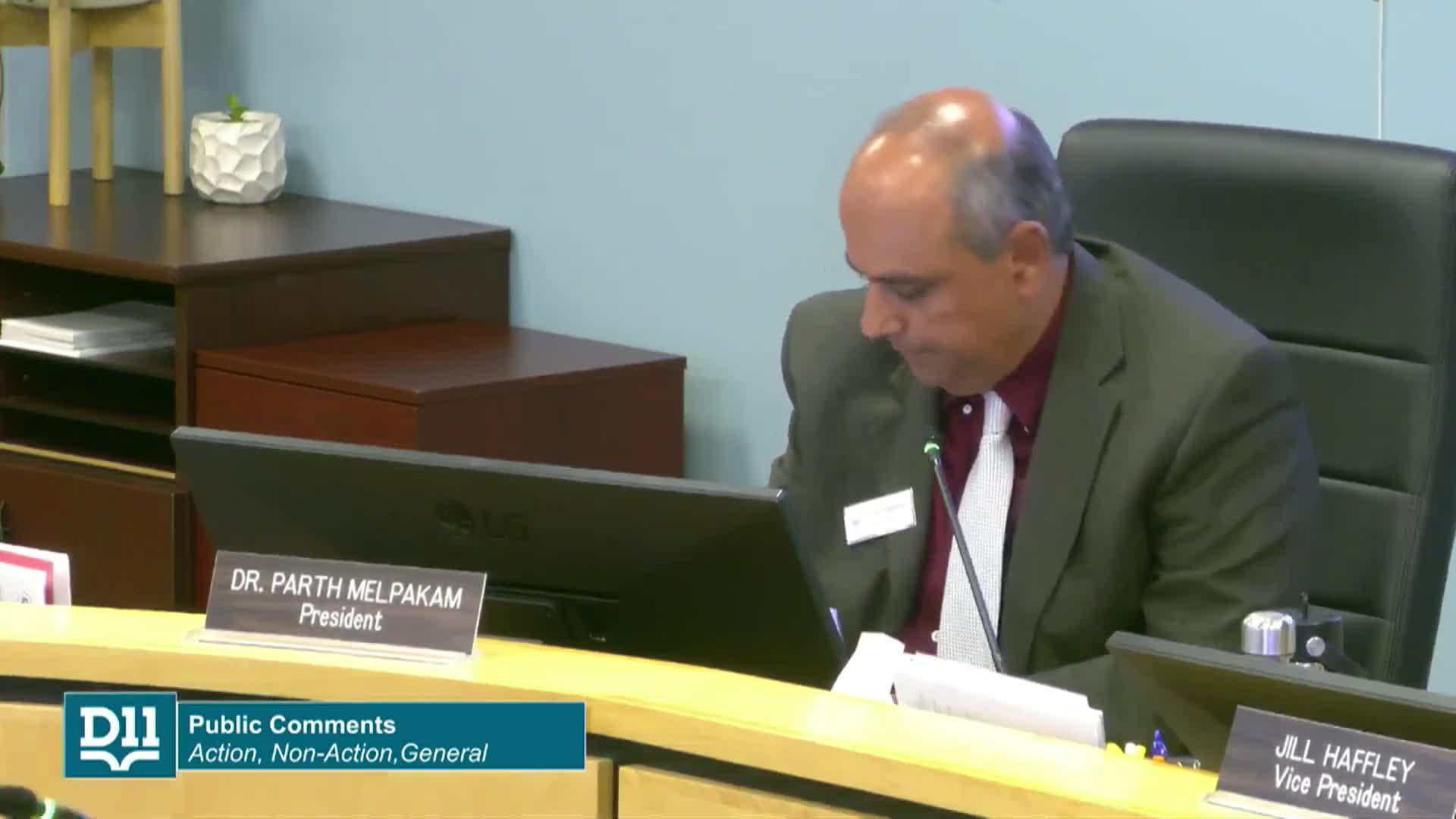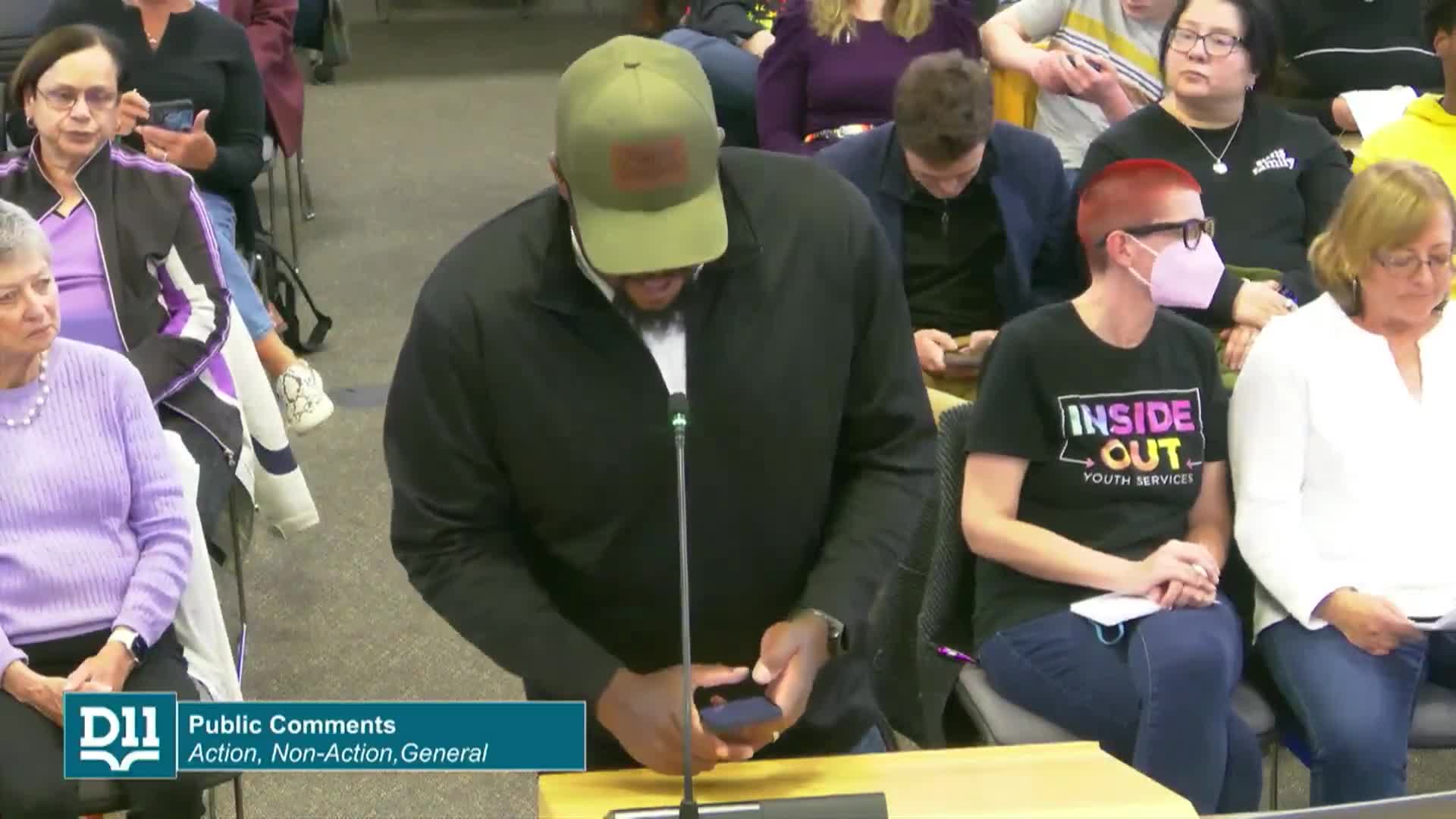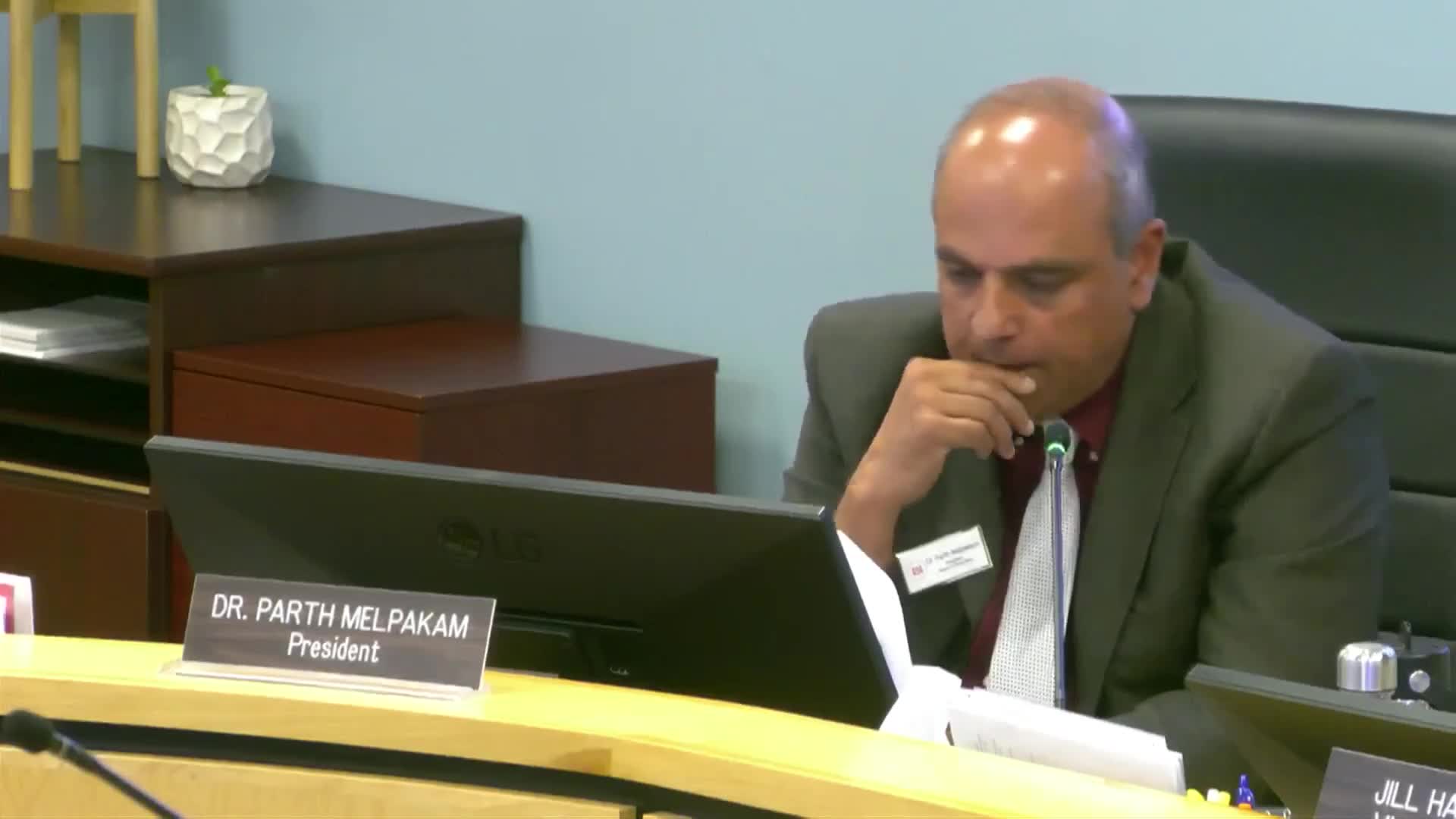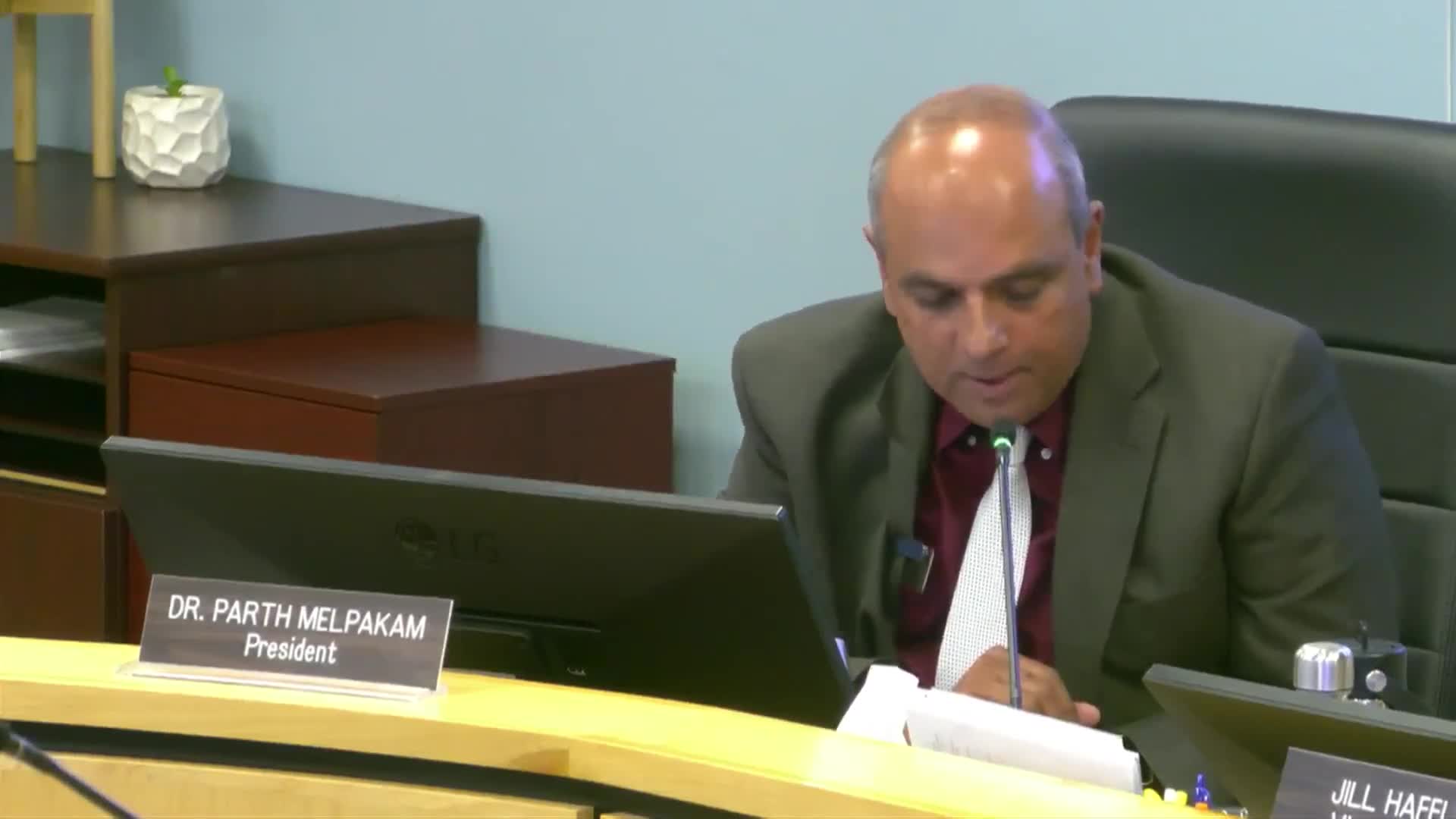Article not found
This article is no longer available. But don't worry—we've gathered other articles that discuss the same topic.

District 11 hears hours of public comment on proposed sports policy; board to consider revised language next week

Board approves two new K-8 charter schools, begins contract process

Colorado Springs School District 11 adopts 2025–26 budget after amendment removing two union-release FTEs

